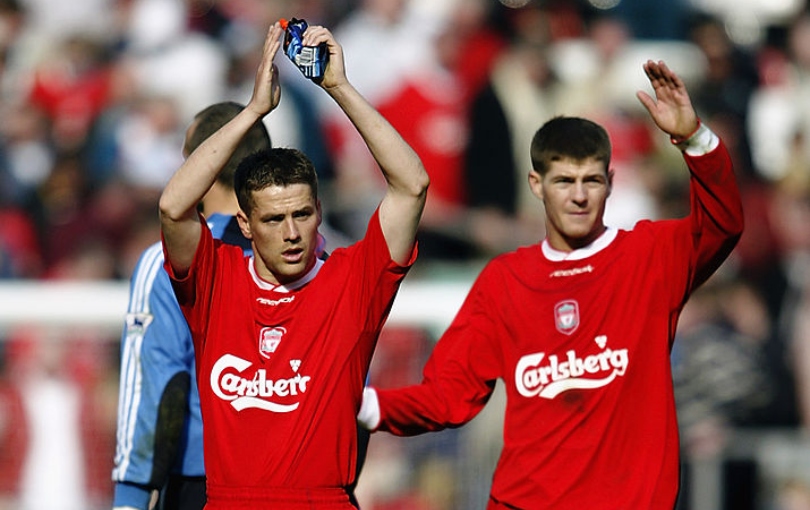A closer look at England’s Champions League semi-finalists

Tottenham’s thrilling away-goals win over Manchester City made England the first nation to provide seven different Champions League semi-finalists.
Spurs had previously achieved the feat in the European Cup in 1961-62 and including the competition’s traditional identity, the total of English semi-finalists has now hit double figures.
Here, Press Association Sport looks at the 10 English clubs to reach Europe’s elite four.
Manchester United
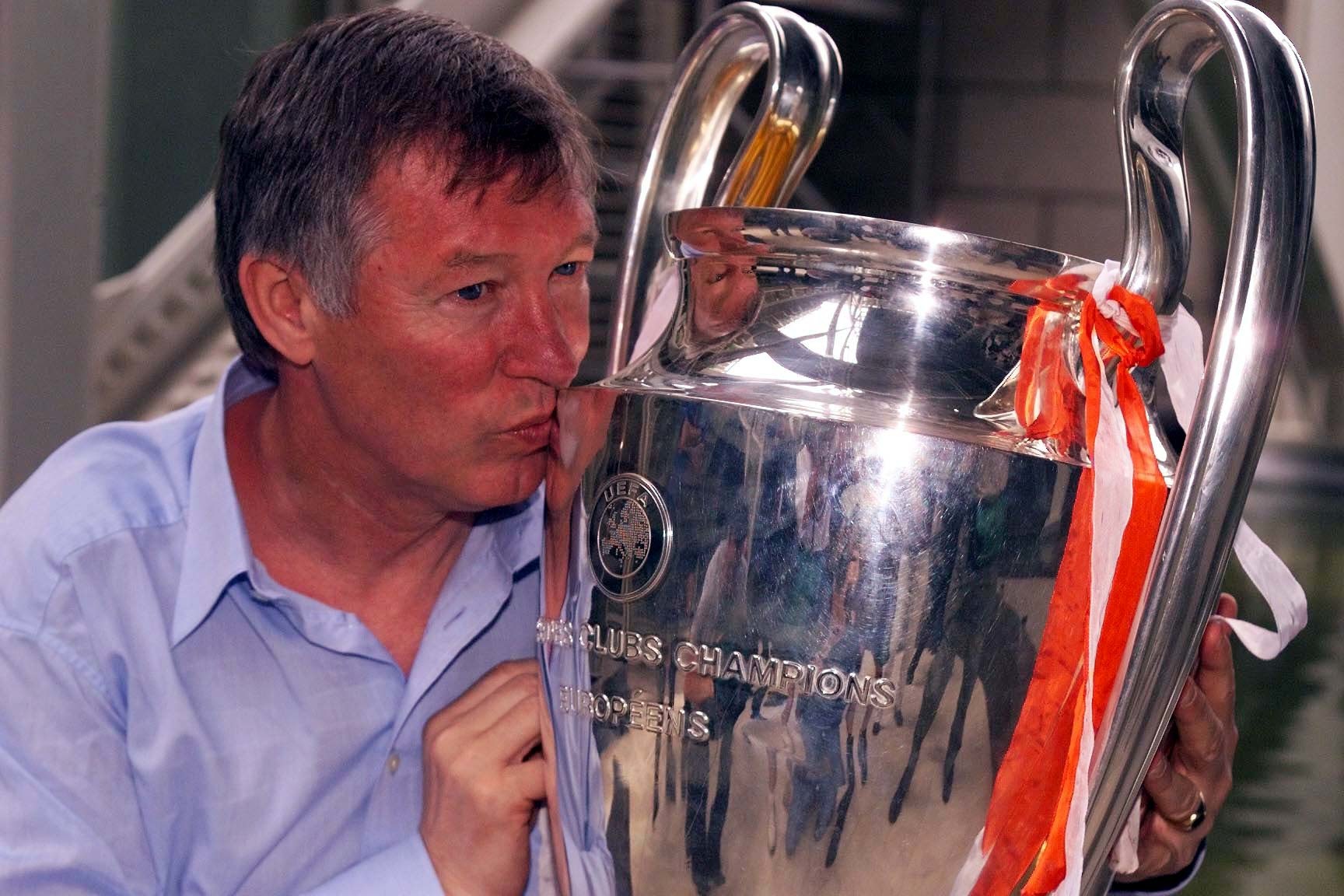
First semi-final: 1956-57
Total semi-finals: 12
The first English club to enter the competition, in its second season, United began with back-to-back semi-final exits – the second of which, in 1958, was overshadowed by the Munich air disaster.
They cathartically won the competition 10 years later and tasted further triumphs in 1999, as part of their memorable treble that season, and 2008.
Tottenham
First semi-final: 1961-62
Total semi-finals: Two
Get FourFourTwo Newsletter
The best features, fun and footballing quizzes, straight to your inbox every week.
Spurs’ comeback attempt against Benfica in April 1962 came up just short as they won 2-1 at White Hart Lane but lost 4-3 on aggregate. They did not return to the competition until the 2010-11 campaign and would have to wait until this season for a semi-final place in the Champions League era.
Liverpool
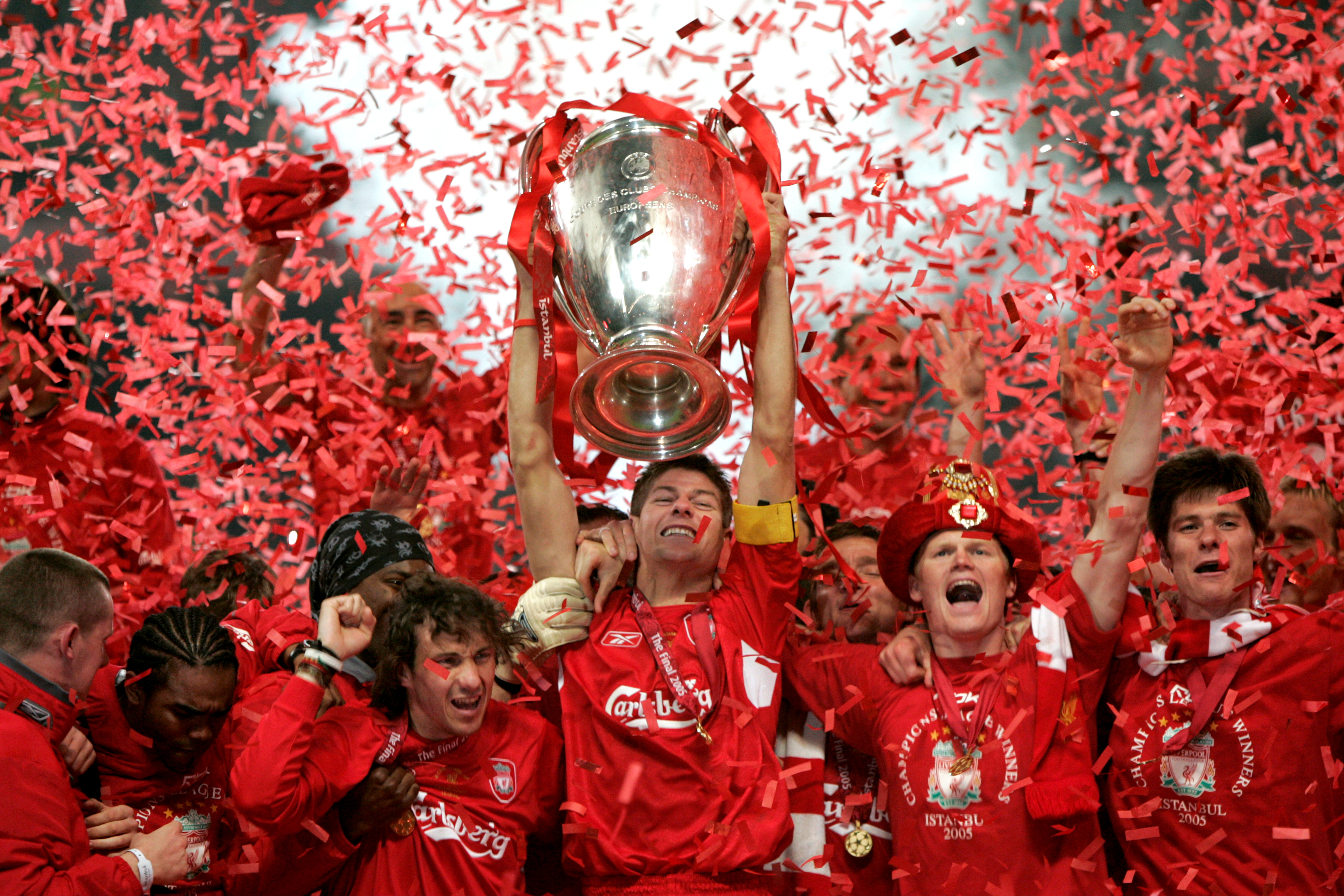
First semi-final: 1964-65
Total semi-finals: 10
The Reds won the competition four times between 1977 and 1984, but their fans’ behaviour at Heysel Stadium in the following year’s final led to a ban from European competition for English clubs which cost Liverpool three more appearances.
They returned in 2001-02 with a run to the quarter-finals, won a fifth title with 2005’s stunning comeback against AC Milan in Istanbul and have reached two finals and now two more semi-finals since.
Leeds
First semi-final: 1969-70
Total semi-finals: Three
The Yorkshire club have qualified for the European Cup only four times but have a final in 1975 and semis in 1970 and 2001 to show for their efforts.
Derby
First semi-final: 1972-73
Total semi-finals: One
The Rams reached the last four in 1972-73, earning a goalless draw with Juventus at the Baseball Ground but losing 3-1 on aggregate. Their only other European Cup appearance, three seasons later, ended in the second round.
Nottingham Forest
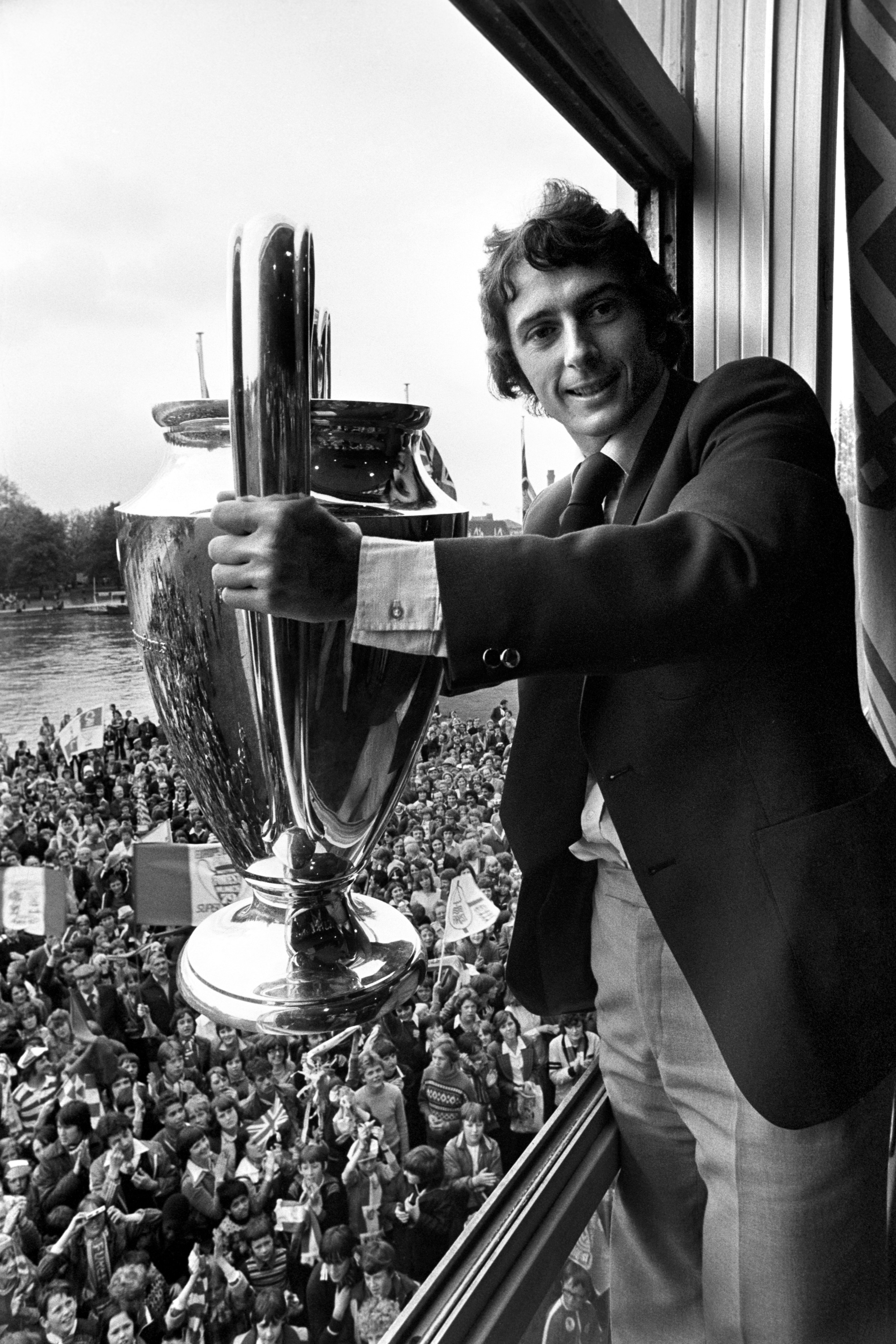
First semi-final: 1978-79
Total semi-finals: Two
Forest’s three European Cup appearances all came in back-to-back years under Brian Clough’s management. They won the trophy in both 1979, against Malmo, and 1980 against Hamburg but then suffered a first-round upset to CSKA Sofia the following season.
Aston Villa
First semi-final: 1981-82
Total semi-finals: One
Similarly to Forest, Villa won the competition on their first appearance, beating Bayern Munich in the 1982 final, and launched a strong defence. It was ended in the quarter-finals by Juventus, though, and they have not returned to the competition since.
Chelsea
First semi-final: 2003-04
Total semi-finals: Seven
The Blues first competed in 1999-2000 and reached the 2003-04 semi-final before hiring the competition’s winning manager Jose Mourinho to help them take the next step.
He could only manage two further semi-finals with the club, though successor Avram Grant took his squad to the 2008 final and they eventually won the competition in 2012.
Arsenal
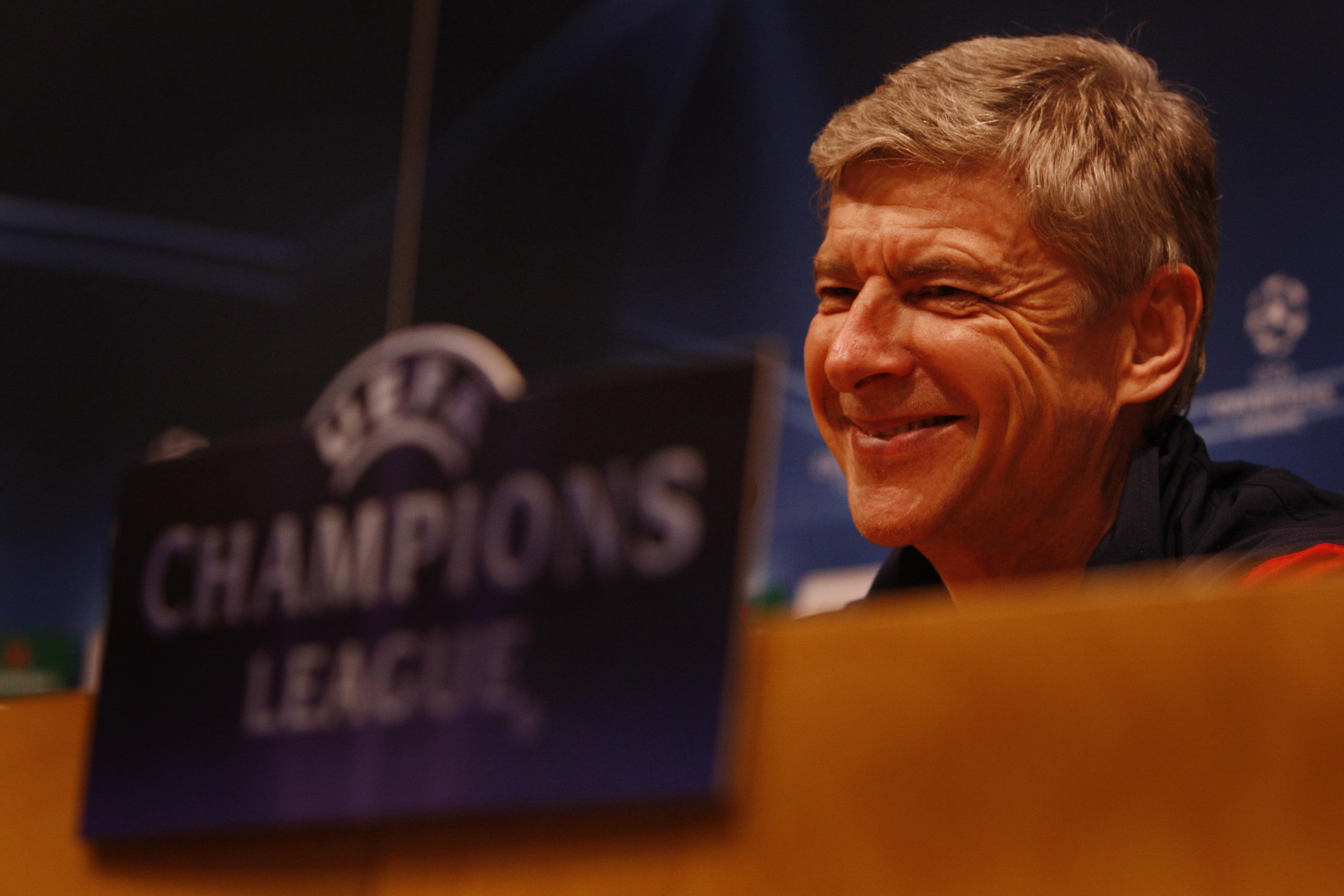
First semi-final: 2005-06
Total semi-finals: Two
The Gunners appeared just once before English clubs’ Heysel ban but have been a regular fixture since – particularly after Arsene Wenger took over as manager.
The Frenchman frequently stalled in the last 16 but took the club to the 2006 final, where they were edged out 2-1 by Barcelona, and a 2009 semi-final against Manchester United.
Manchester City
First semi-final: 2015-16
Total semi-finals: One
Having previously only appeared in 1968-69, City returned to the competition in 2011-12 and have appeared every year since – but Wednesday’s result means they still have just one semi-final appearance to show for it, in 2016 when they lost to Real Madrid.
FourFourTwo was launched in 1994 on the back of a World Cup that England hadn’t even qualified for. It was an act of madness… but it somehow worked out. Our mission is to offer our intelligent, international audience access to the game’s biggest names, insightful analysis... and a bit of a giggle. We unashamedly love this game and we hope that our coverage reflects that.

